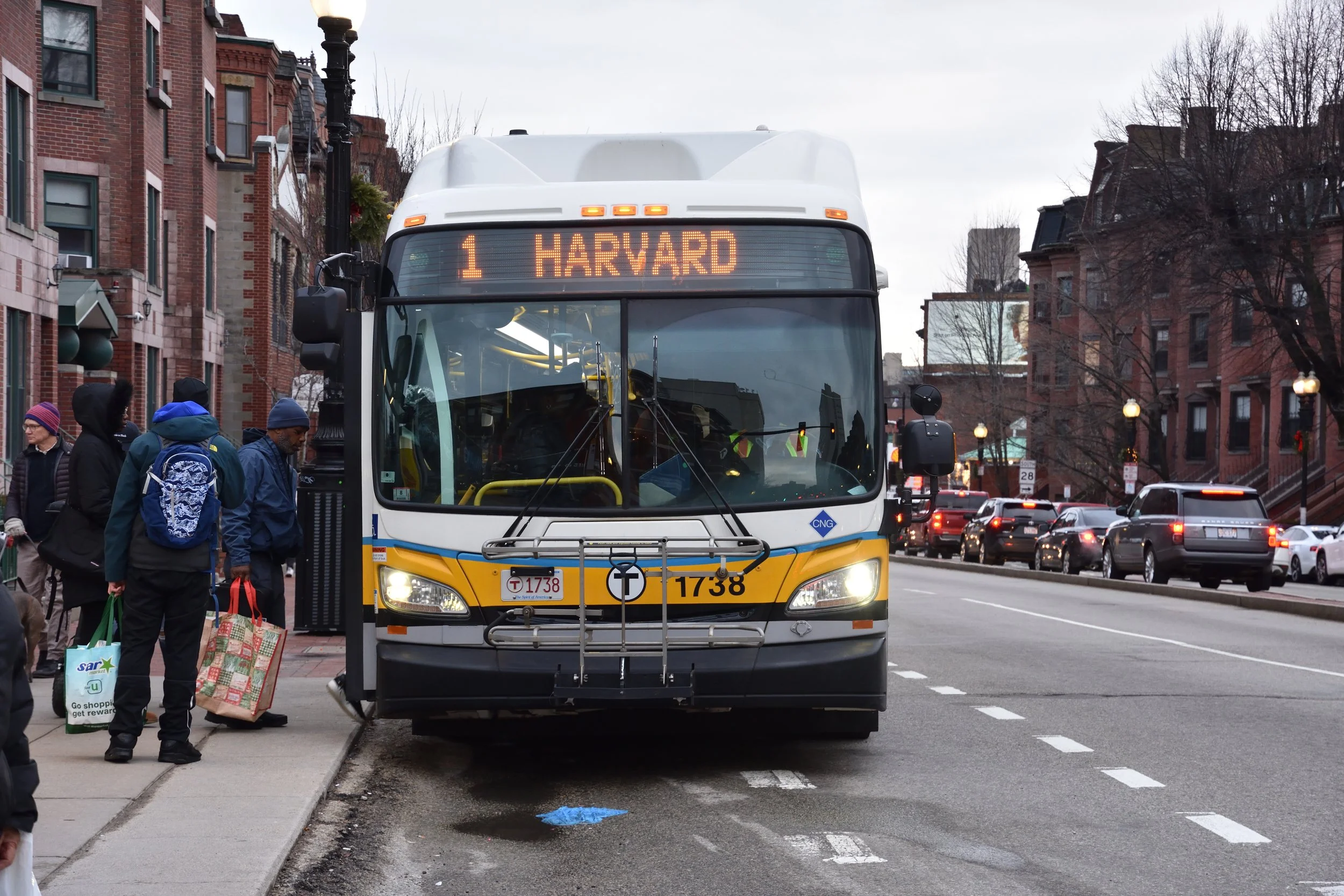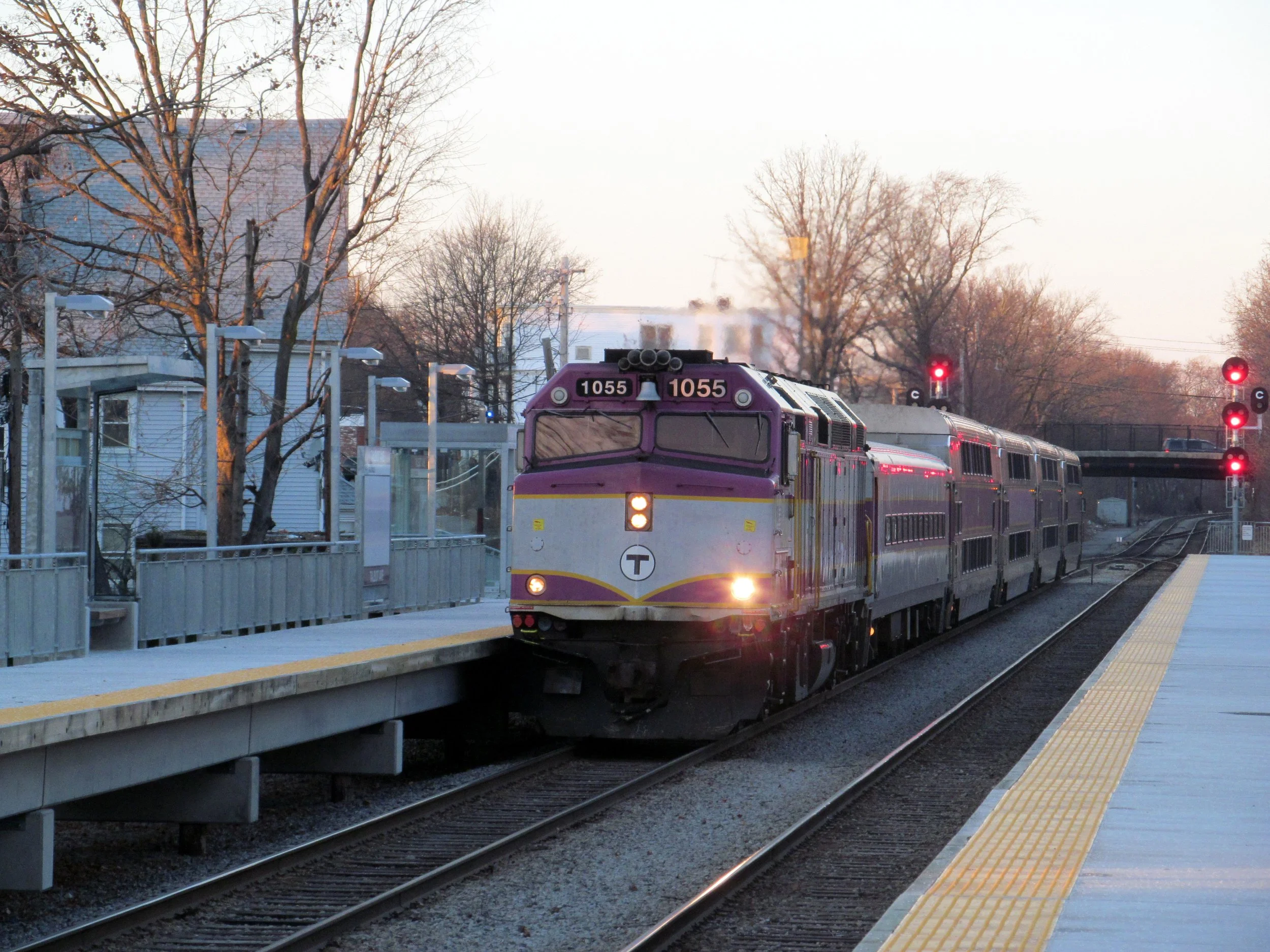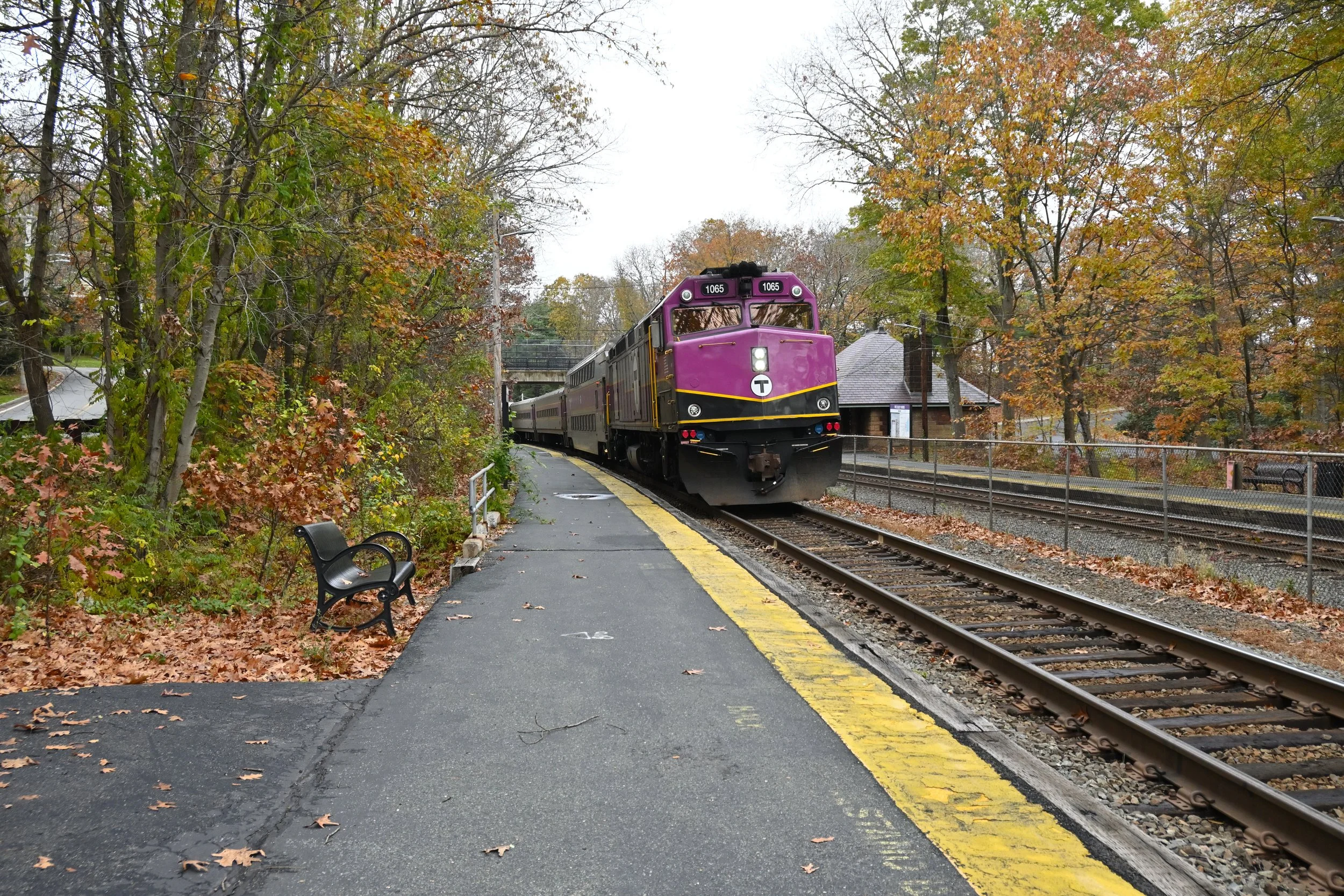[youtube=http://www.youtube.com/watch?v=leG1I8GOW1Y] Amtrak today released a video on their YouTube channel for their 40th anniversary, which shows different Amtrak trains across the country running smoothly and majestically over American landscapes to a gushing voice over describing the salient experiences Americans have had on these different trains.
This contrasts greatly with the lead video from Japan Railways, which surfaced yesterday on Reddit and rippled through my corner of the Internet. The video shows the reaction of many excited Japanese to the inaugural run of the newest extension of the Shinkansen high speed rail line through Kyushu. On 20 February 2011, well before a catastrophic earthquake and tsunami struck Japan and the official opening of the line on 14 March, people lined up along the line to greet the train and celebrate a rail link that provides greater mobility for the 13 million people in the region and millions of those who live directly in the service area of the line.
It is an overwhelming show of humanity that can drive one to tears and makes one wonder why we in urban areas of the US don't also rally to celebrate the transit and commuter rail networks that move us to work and leisure, enabling the very places where we live to even exist. It's true there are many contrasts between Japanese and American culture, particularly that Japan has more than a passing 'affinity' for rail systems, but is does this contrast exist because the Japanese have collectively seen the efficiencies afforded by transit and decided to properly invest in transport networks so that they do provide fast, on-time service?
Amtrak's third annual National Train Day is coming up on 7 May, which makes me wonder how we can extend that to a further appreciation for and celebration of the transport networks we use and appreciate the people who operate them. Many European cultures and the Japanese highly regard their train and bus operators in a similar way we do police, firemen, and teachers, because they acknowledge these people are integral to the functioning of society. In America, the job is usually thankless and stressful. There are those of the riding public who greet, thank, and otherwise acknowledge the human behind the controls, but often the attitude is that these people are grumpy because all of them are simply bad, angry people.
Also, how can we each and encourage others to fight the temptation to feed our inner troll, taking part in the largely unproductive bashing of our service agencies and instead engage others in meaningful discourse that really talks about why our buses or trains are late, missing, infrequent, or inconvenient.
Look for some updates in the few days or throw some suggestions in the comments or on twitter.







